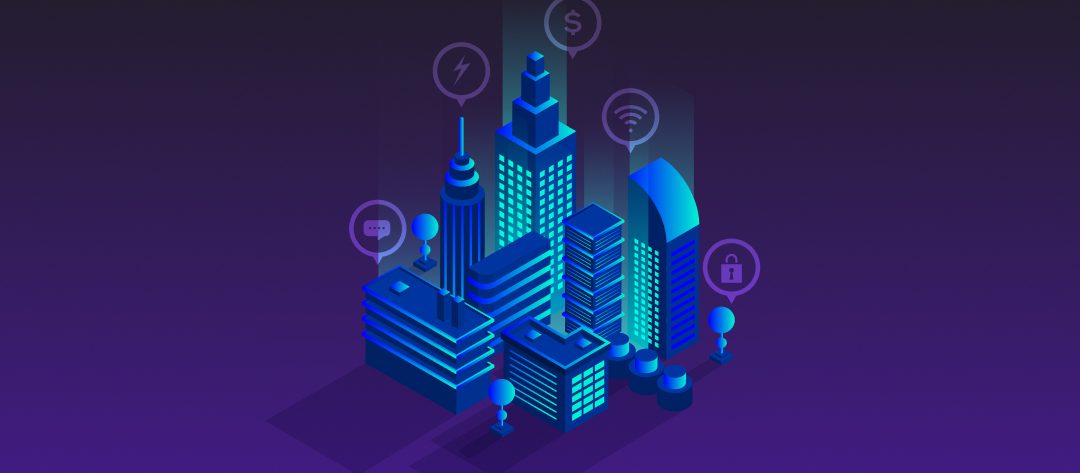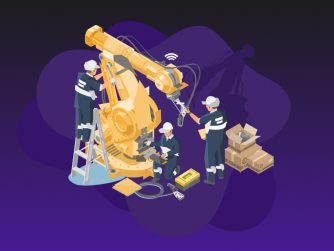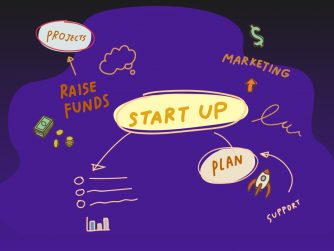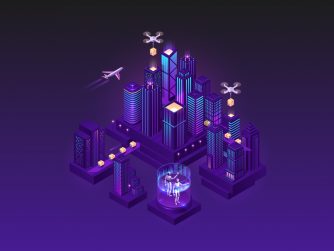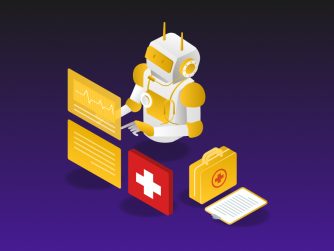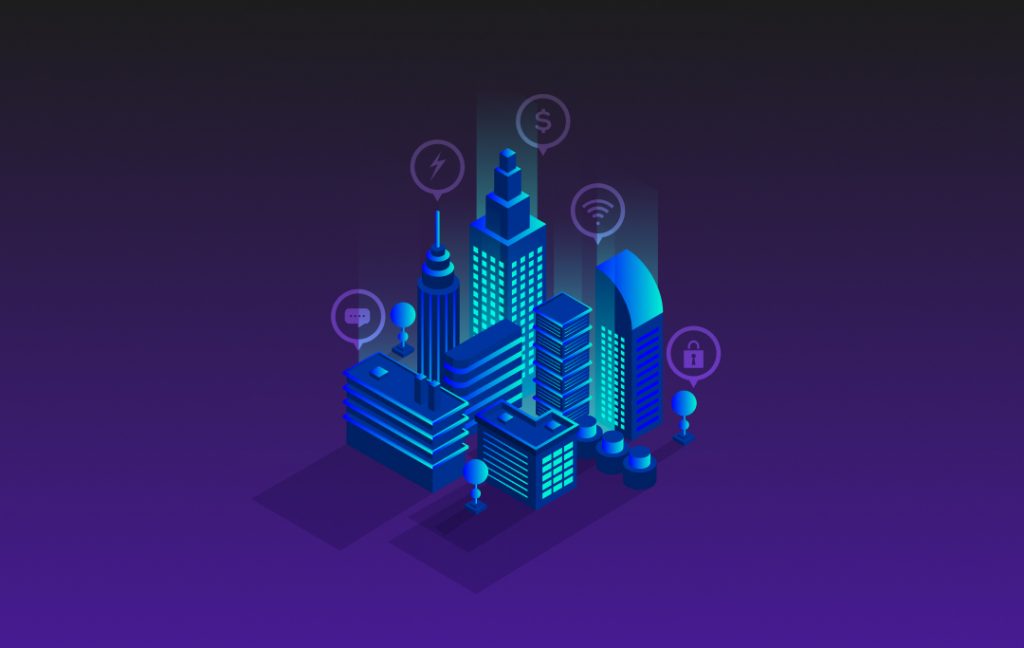
We’re living in an age where our cities are getting smarter and more connected every day. Thanks to the continued development of cutting-edge technologies like the Internet of Things (IoT), our urban areas are becoming more efficient, sustainable, and livable than ever before. But what exactly is the role of IoT in all this? How is it powering the smart city revolution?
The Role of IoT in Smart Cities
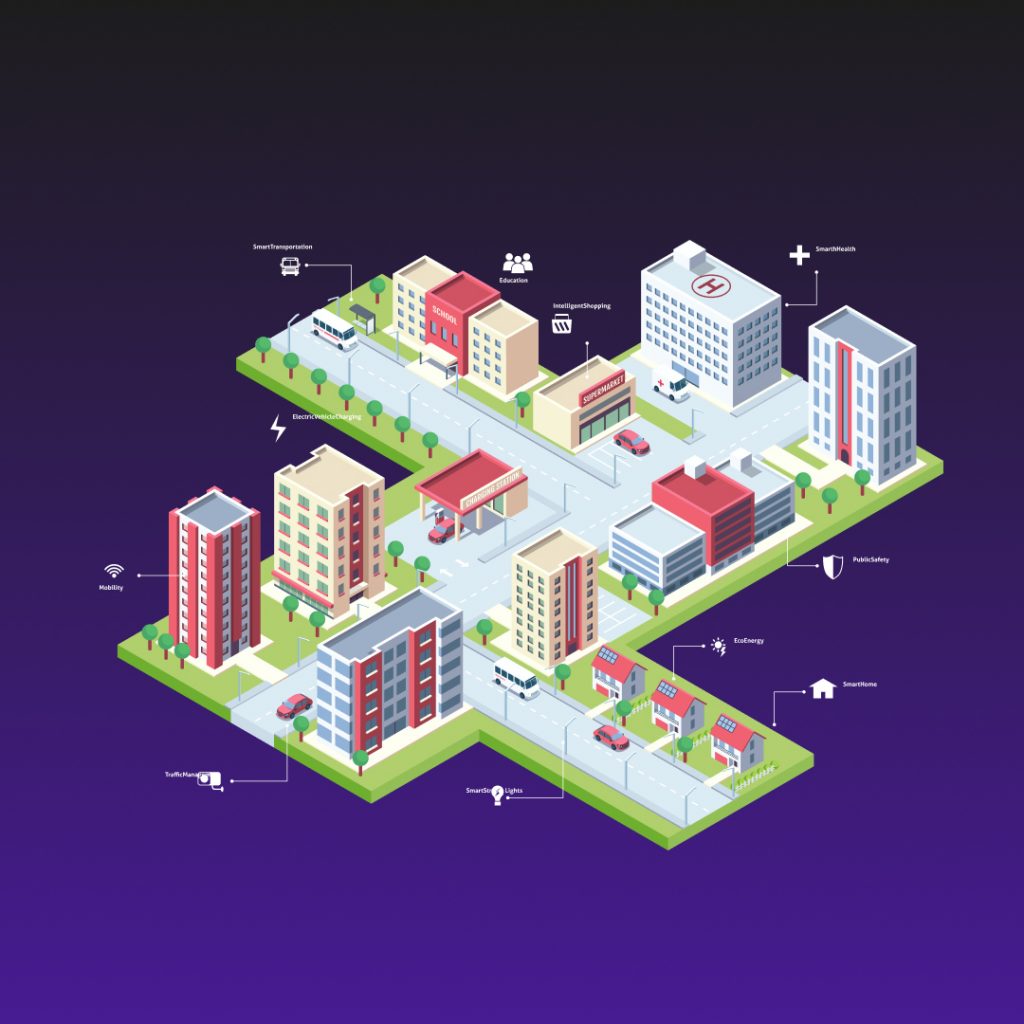
Smart City technology is an umbrella term that refers to the various sensors, devices, and systems that are used to collect and analyze data with the goal of making urban areas more efficient and sustainable. This can include everything from air quality sensors to intelligent traffic lights to citywide WiFi networks. When these different technologies are used in tandem, they can help city officials make data-driven decisions that improve the quality of life for residents.
One of the key components of a Smart City is the Internet of Things (IoT). IoT refers to the network of physical devices—like security cameras, garbage bins, and streetlights—that are equipped with sensors and connected to the internet. By collecting data about their surroundings, these devices can relay information back to a centralized system where it can be analyzed and used to improve urban planning.
Smart parking is one great example of how IoT is making cities smarter. By deploying sensors in parking garages and on-street parking spaces, cities can collect data on where open parking spots are located in real time. This information can then be relayed to drivers via smartphone apps, helping them quickly find a spot and saving them time and frustration.
Another area where IoT is having a major impact is public transportation. In Singapore, for example, buses are now equipped with GPS tracking devices that allow city officials to monitor their locations in real time. This has helped the city optimize its bus routes for greater efficiency, resulting in shorter wait times and happier customers.
These are just a few examples of how IoT is powering the smart city revolution. As cities continue to grow and evolve, we can expect to see even more amazing applications of this technology in the years to come.
So, what role does IoT play in making a city “smart”? Let’s take a closer look.
How IoT is Making Cities Smarter
As we mentioned before, one of the defining characteristics of a Smart City is its use of IoT technologies. But how exactly does IoT make cities smarter? Here are three ways:
1. Improved decision making

One of the advantages of having sensors in different parts of the city is that it provides officials with real-time data about what’s happening on the ground. This information can then be used to make informed decisions about how to allocate resources or deal with problems as they arise. For example, if air quality sensors detect high levels of pollution in a certain area, city officials can take steps to mitigate the problem before it becomes a health hazard.
2. Increased efficiency
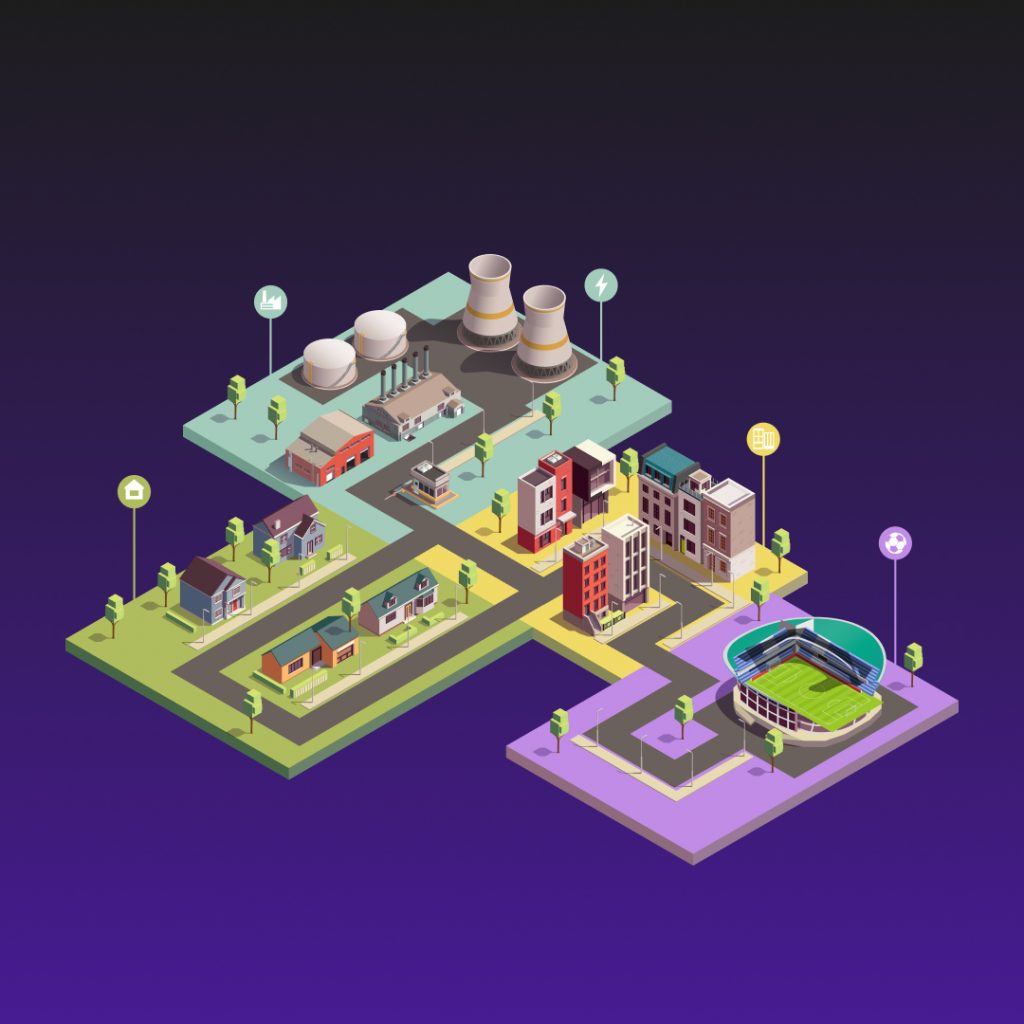
By collecting data about how city infrastructure is being used, officials can identify areas where there is room for improvement. For example, if data from traffic sensors shows that a particular intersection experiences regular congestion during rush hour, measures can be taken to alleviate the problem—such as adding more stoplights or widening roads. In this way, IoT helps cities run more smoothly and efficiently.
3. Greater sustainability
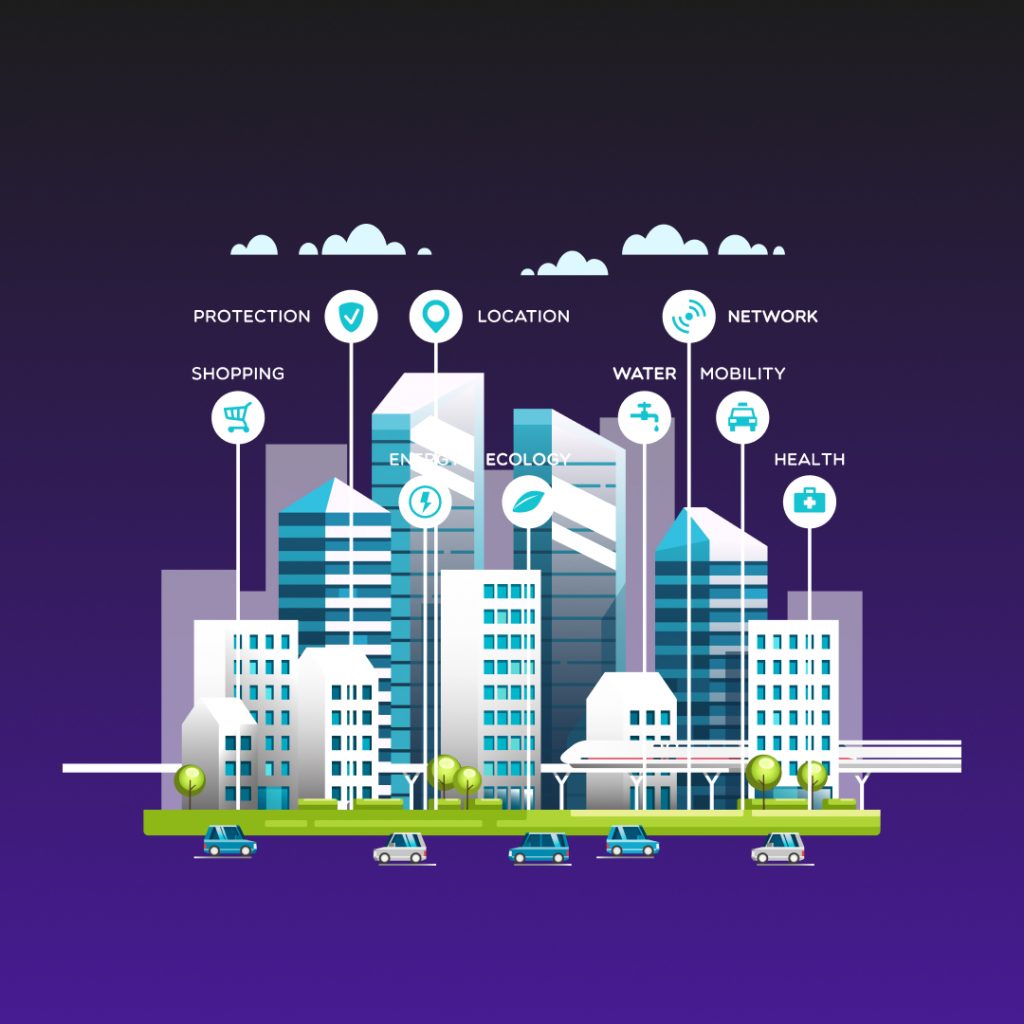
One of the overarching goals of Smart City initiatives is to make urban areas more sustainable by reducing resource consumption and waste production. IoT technologies can play a big role in achieving this goal by helping officials identify areas where resources are being wasted—such as water leaks or energy-inefficient buildings—so that they can be fixed accordingly.
Final thoughts
The world’s population is becoming increasingly urbanized, which means that finding ways to make cities more efficient and livable is more important than ever before. Smart City technology is one way that we’re meeting this challenge; by using IoT devices to collect and analyze data, we’re able to make cities cleaner, greener, and more sustainable than ever before.
Are you someone who wants to impact the way your city achieves greater sustainability? Let’s ideate and work on that IoT solution that can increase efficiencies in that city of yours.
Also, that first CONSULTATION with Aerion Technologies and CRINNAC is absolutely FREE. Get in touch!

